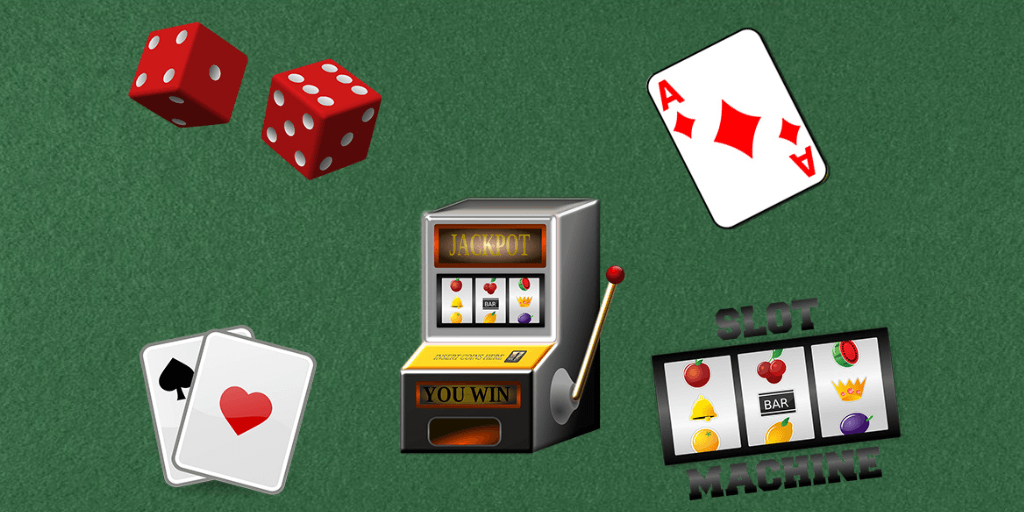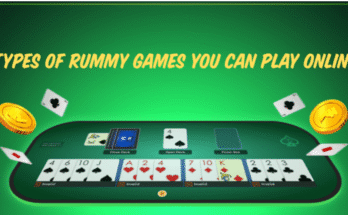Who has not heard of the house edge or the casino edge ? This expression, widespread in the casino gaming sector for many years and in force today, has a fully explainable reason, which is also more than justified.
So much so that the advantage of the house is a universally accepted characteristic of all the players in the gaming sector, since it is the main system on which this industry is based. Here we tell you the main features of this system that most casinos subsist on.
WHAT IS THE HOUSE EDGE?
The advantage of the house or, as it is called in English ‘ house edge ‘, is the built-in mathematical advantage that casinos have with respect to the users in most of the games in which they participate in these rooms. Not surprisingly, casinos are a business that keeps them from making money, otherwise it would be impossible for them to operate.
In this way, the house edge helps the gambling provider cover the costs of providing the game, paying for staff, maintaining the casino, etc. It also serves to make the company profit, after all, it is about a business. Almost the total percentage of the profits that these establishments obtain comes from the money that the players bet in the games, be it a slot machine, roulette or blackjack.
HOW DOES THE HOUSE EDGE WORK?
In slot machines there is a mechanism called a random number generator, which we have already talked about on previous occasions, which takes care of this. It is actually a computer programmed to randomly select symbol combinations when the player presses the spin button.
In a Slot with five reels and thirty-five possible stops on each reel, there are over 50 million possible final combinations. The random number generator is programmed so that, in percentage terms, there are more losses than victories. This percentage must be available in the cabinet itself or in the machine’s software to be verified by any user.
On the other hand, in European roulette , for example, we know that there are 36 numbers plus a zero. When the wheel is spinning, the ball can stop at any of the 36 numbers or zero itself, that is: there are 37 possible stops.
So the mathematical odds of choosing one of those possible stops is 1 in 37. However, the house payouts are set to 35 to 1, so over time the house will never lose. In this case, the house edge is 2.7%.
To conclude, in games like Blackjack , for example, the dealer wins all the bets that the players lose, even if his own hand doesn’t win either. This is because the dealer acts as a ‘bank’. Conversely, a player will only win if his own hand beats that of the dealer.




